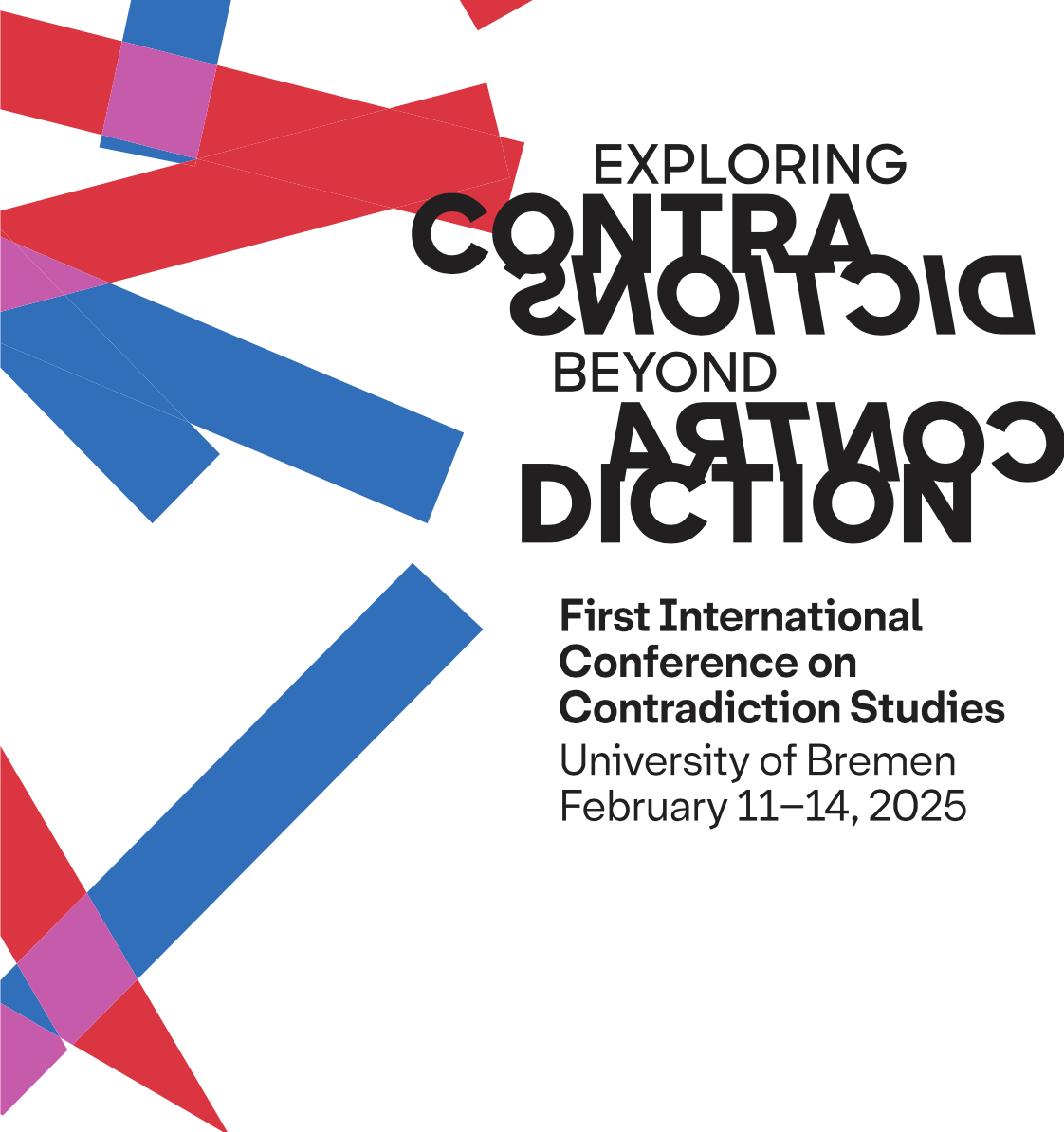
Exploring Contradictions beyond Contradiction
1st International Conference on Contradiction Studies
Contradictions are omnipresent and the identification of contradictions is usually accompanied by the imperative to resolve them. Contradictions can be ascribed to individual actions as well as to social formations. They extend to all areas of life: political orders, academic settings, religious practices and many more fields that are permeated by them. Without contradictions, there are no pluralities and no truths. Nevertheless, there is a long and powerful (especially European) tradition of problematizing and resolving contradictions and reducing them to logical incompatibility. This tradition of avoiding contradiction is countered by alternative concepts of thinking contradiction, above all in dialectics or paraconsistent logic (Priest/Tanaka [1996]2022). Contradiction Studies take up this reflection and move away from the widespread negative assessment of contradiction (cp. Febel/Knopf/Nonhoff 2023; Lienert 2019; Lossau/Schmidt-Brücken/Warnke 2019; Nintemann/Stroh 2022; Warnke/Hornidge/Schattenberg 2021). In this sense, our conference aims to explore contradictions beyond contradiction.
Please find more information here.